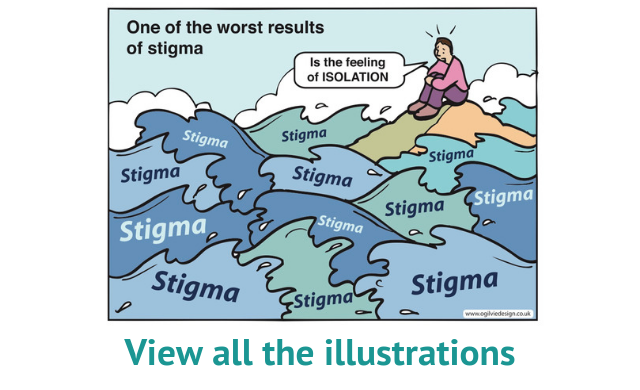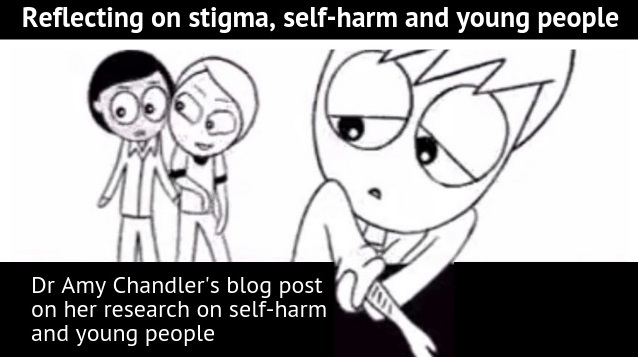Stigma in Childhood
Topic: REACH, Stigma
Author: SUII

Jennifer Davidson, Executive Director of CELCIS and Inspiring Children's Futures, explains why this programme came together and what it has helped to shape.
"For this programme of work we wanted to better understand where the commonalities are when it comes to stigma. It might seem a bit technical but in research, where we can see patterns and trends, we can look for solutions. And we can and should look for these together – it will take the collective power of many to change attitudes and behaviours.
"What the programme has revealed is that stigma across the different contexts, and countries and environments, the effects are just the same: feeling isolated, being on the receiving end of prejudice or discrimination, not getting the same opportunities as peers who do not share their experiences, and self-reflection concerning identify and worth. As we have continued our focus on this, it has never been clearer that stigma – by design or default – in all its forms is having an unacceptable impact on the lives, ambitions and rights of children and young people. It is no longer enough to call it out, we need deliberate, concerted ways to ensure that it is prevented, and where it continues, to the lessen the effects."
The programme aimed to identify the unique issues for children who experience stigma and worked to address three key questions:
- How is stigma conceptualised and constructed across different disciplines and by children and young people themselves? What theoretical frameworks are useful in addressing stigmatisation across different groups of children and young people and across adult groups?
- What are the issues in understanding the lived experience of stigma and how can stigma and its impact be measured?
- What is our understanding of best practice in addressing and alleviation stigma in childhood, and how can this be implemented in policy and interventions across different groups?
All the resources



Professor Andrew Kendrick of University of Strathclyde talks about the project with SUII
x


